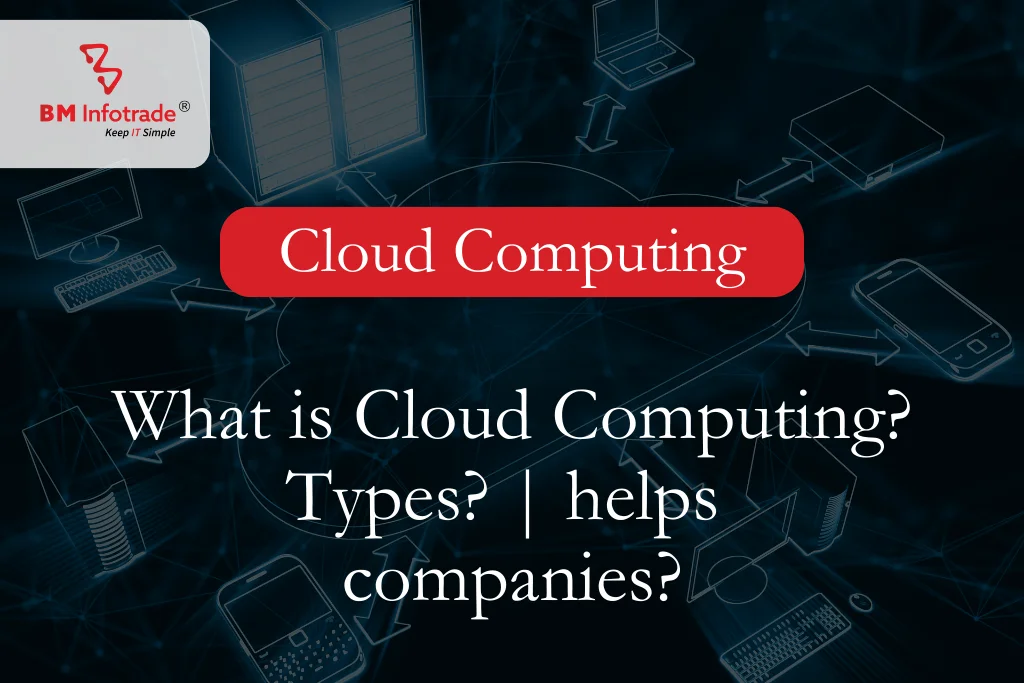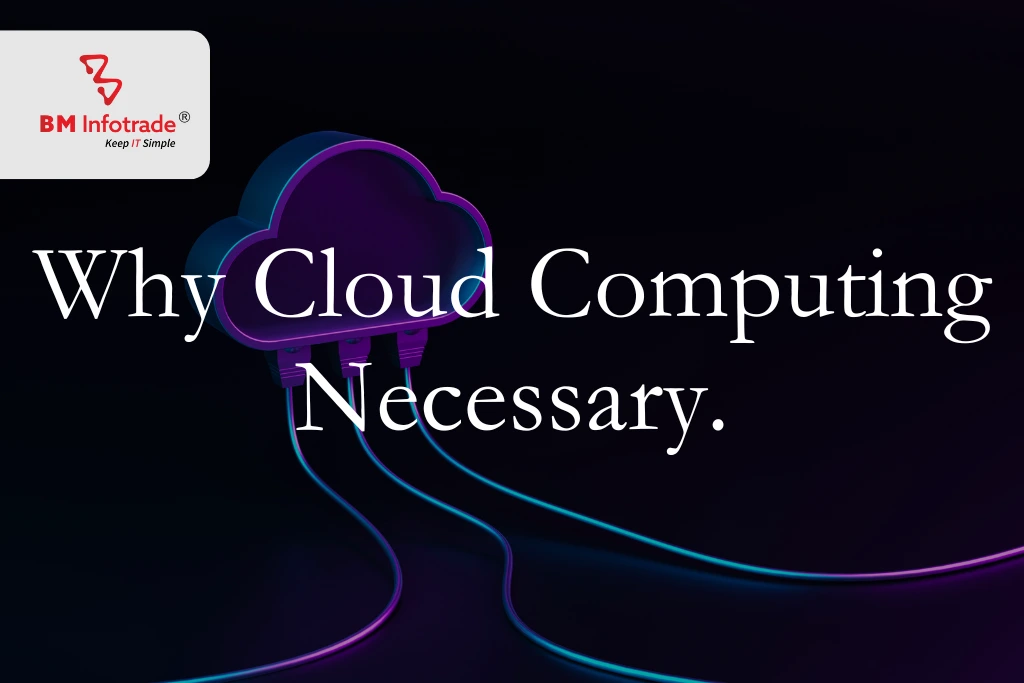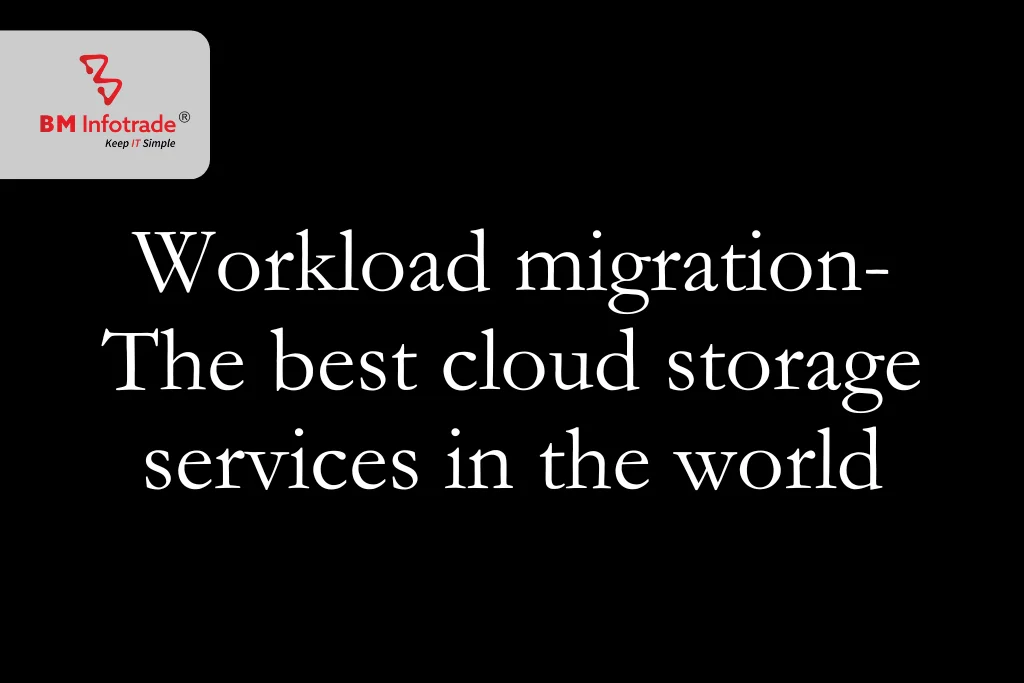Cloud Provider-The best cloud storage services in the world
This optimized structure will enhance your SEO efforts and provide valuable content for readers seeking cloud storage solutions!

Cloud Provider-The best cloud storage services in the world
An explanation of cloud service providers: A company offering cloud computing components is known as a cloud service provider, or CSP. Typically, these components include platform as a service, software as a service, and infrastructure as a service (PaaS).
To host cloud computing-based infrastructure and platform services for client organizations, cloud service providers use their own data centers and computing resources. Commonly, different pay-as-you-go subscription models are used to price cloud services. Only the resources that the customer uses—such as the time spent using a service, the amount of storage used, or the number of virtual machines used—are charged to the customer.
Cloud service providers may host and deliver their own managed services to users for SaaS products. Or they could take on the role of a third party and host the app of a different software provider. The most well-known cloud service platforms are Microsoft Azure, Amazon Web Services (AWS), and Google Cloud (previously known as Google Cloud Platform or GCP).
A third-party business offering cloud-based platform, infrastructure, application, or storage services is known as a cloud service provider.
In addition to the pay-per-use business model, cloud service providers offer a wide range of advantages to businesses. Businesses can benefit from scalability and flexibility because they are not constrained by the physical limitations of on-premises servers, the dependability of multiple data centers with multiple redundancies, customization because servers can be configured to your preferences, and responsive load balancing that can quickly adapt to changing demands. Businesses should also consider the security implications of storing data in the cloud in order to implement and follow the industry-recommended access and compliance management configurations and procedures.

Table of Contents
Use a cloud service provider because...
It's up to you and your team to manage, update, and replace each component as necessary when your hardware and software are all on-premises. The management of some, all, or all of the components of your infrastructure may be delegated to a third party by using a cloud service provider. You use infrastructure as a service rather than purchasing and maintaining your own.
Utilizing a cloud service provider is a practical way to gain access to computing services that you otherwise would have to supply on your own, like:
Infrastructure serves as the building block of every computing environment. This infrastructure may consist of networks, database services, data management, data storage (referred to as cloud storage in this context), and servers (the cloud is the foundation for serverless architecture).
Platforms are the instruments required to build and deploy applications. Runtime environments, middleware, and operating systems like Linux® could all be examples of these platforms. Software: pre-built programs. Independent service providers may offer this software as a custom or standard application.
Read more: Why Cloud Computing is Necessary, Its meaning and virtualization

What advantages does using a cloud service provider offer? How does using one to access cloud services look?
Utilizing cloud computing services allows businesses to avoid the upfront costs and complexity of purchasing and maintaining their own IT infrastructure in favor of paying only for the services they actually use.
Today, businesses have the option to rent access to anything from applications to storage, as opposed to owning their own computing infrastructure or data centers. This means that, for example, if you have a supplier who manages and processes your company's healthcare data, they may actually be storing and processing your information in the cloud, either through outsourcing services or, in some cases, through the use of an internal cloud or "private cloud" they created themselves by implementing it using the organization's dedicated resources, infrastructure, and "on-premise" services.
Read more: The Importance of Backup and Recovery.
Benefits
- Flexibility and cost: Organizations can only pay for the resources they use by using cloud services with a pay-as-you-go model. The requirement for capital IT equipment purchases is also removed when using a cloud service provider. To correctly break down cloud costs, organizations should examine the specifics of cloud pricing.
- Scalability: Depending on the needs of their businesses, customer organizations can easily scale up or down the IT resources they employ.
- Mobility: Accessible from any physical location with a functioning network connection are the resources and services that customers who have paid a cloud service provider have purchased. Disaster recovery: quick and reliable disaster recovery is typically provided by cloud computing services.
Important cloud service providers and products
There are many vendors in the cloud services market, but AWS, Microsoft, and Google are the recognized market leaders in the public cloud segment.
With the introduction of its Amazon Simple Storage Service in 2006, Amazon became the first significant cloud provider. Since then, Google Cloud, Microsoft Azure, and Amazon's cloud platform have all developed quickly in response to the expanding cloud market. On numerous cloud fronts, these three vendors are still competing for the top spot. The vendors are creating cloud-based services based on cutting-edge technologies like artificial intelligence, containerization, machine learning, and Kubernetes.
Selecting a cloud service provider
The following factors should be taken into account when organizations are looking at potential cloud partners:
- Price. However, all subscription information and provider-specific variations must be examined. The cost is typically based on a per-use utility model. Cost is frequently cited as one of the primary justifications for using a cloud service platform.
- Resources and functions. It's critical to evaluate a provider's features from a broad perspective, including data management and security features, to make sure they meet present and future IT requirements.
- The servers' actual location. When storing sensitive data, which must adhere to data storage regulations, server location may be a crucial consideration.
In conclusion:
Cloud computing is a relatively new technological innovation that has the potential to have a significant impact on the world. It offers its users and businesses a variety of advantages. For instance, one of the advantages it offers businesses is that it lowers operating costs by spending less on upkeep and software upgrades and concentrating more on the business itself. People have a lot of doubts about how private and secure their data is. Data provided through cloud computing is not subject to any global standards or laws. However, cloud computing will revolutionize the future once there are global standards and regulations.







Anshul Goyal
Group BDM at B M Infotrade | 11+ years Experience | Business Consultancy | Providing solutions in Cyber Security, Data Analytics, Cloud Computing, Digitization, Data and AI | IT Sales Leader